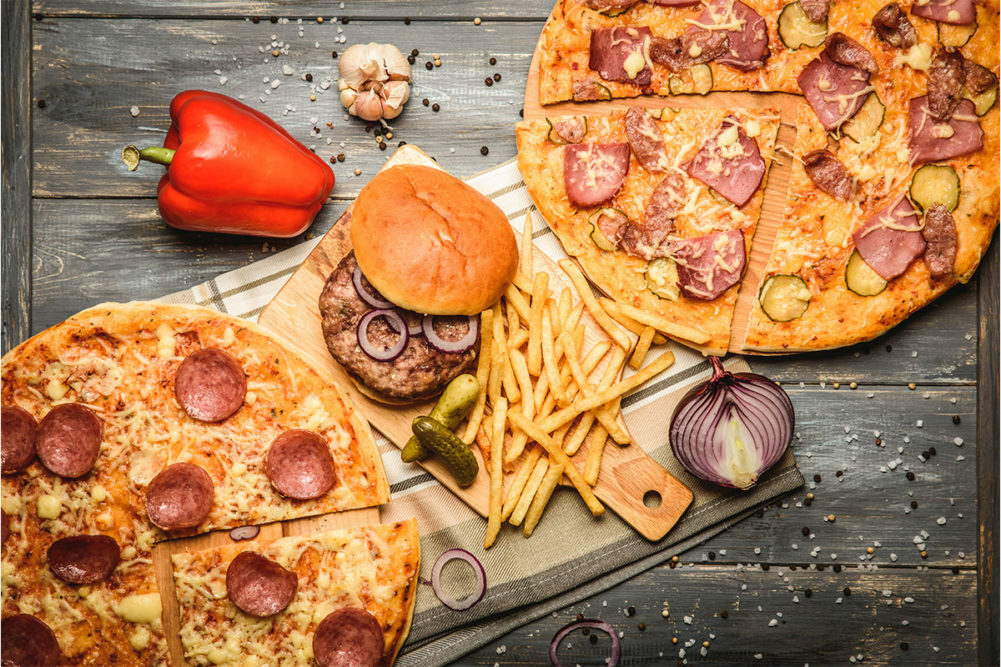KANSAS CITY — It’s widely known that retired NFL legend Tom Brady has avoided gluten as part of an anti-inflammation diet. Not so well known is the NFL’s reigning Most Valuable Player Patrick Mahomes fits burgers and pizza into his lifestyle together with an intense and disciplined training and practice regimen.
Similarly, it’s known that tennis superstar Novak Djokovic eschews gluten while far fewer may be aware the revered tennis champion Roger Federer incorporated pasta in his diet throughout his long and storied career and counted Barilla among his sponsors (Barilla also sponsors budding tennis star Coco Gauff).
A gap exists between awareness of athletes who consume grain-based foods and those who don’t.
Perhaps the eating habit in sports that grain-based foods marketers ought to be promoting is one that has grown in professional basketball over the past 15 years. The story of how the Hall of Famer Kevin Garnett made peanut butter and jelly sandwiches a pre-game locker room staple for the 2007-08 Boston Celtics championship team was chronicled years ago by Baxter Holmes for ESPN.com.
In the years since, the PB&J revolution has spread across the NBA.
The intensity and speed of the sport together with the length of the season (82 games for the NBA, before a postseason that may stretch up to 26 games) make a powerful case basketball ranks among the most physically taxing of sports. Yet as Mr. Holmes noted, “The NBA is covered in experts, obsessed with peak performance — and still this pillar of grade-school cafeteria lunches is the staple snack of the league.”
In recent years, the pre-game custom of serving peanut butter and jelly sandwiches to the world’s highest paid professional athletes in NBA locker rooms has persisted. Stephen Curry, Kevin Durant, Dwight Howard and Russell Westbrook are among current PB&J adherents, according to an article last month by Michelle Muller.
Even as millers and bakers focus their collective resources principally to funding scientific research, the importance of disseminating the story of how the peanut butter and jelly sandwich has grown to become a sacred NBA tradition should not be neglected.
Kellanova’s flour-based stars
At first blush, it may seem that the breakup of Kellogg Co. relegates the company’s legacy grain-based foods business to a back seat position in favor of its fast-growing snacks business. Not so fast.
Yes, the $2 billion Pringles brand, acquired in 2012 by Kellogg, may headline the prospective Kellanova business. Still, wheat-based foods feature prominently in management’s growth plans for its snack business, with a particular focus on one brand with links to some of the earliest commercial baking companies.
“Cheez-It is the No. 1 crackers brand in the US and has successfully launched into Canada, Brazil and most recently, Mexico,” Steven A. Cahillane, the current chairman, president and chief executive officer of Kellogg Co., and the future chairman and CEO of Kellanova, said during Kellogg’s Aug. 9 investor day. “There’s obvious opportunity to expand elsewhere.”
While it has been catapulted into a $1.3 billion brand due to annual sales growth compounding above 10% over the last five years, Cheez-It is anything but a new product. The brand was long part of the Sunshine Biscuit Co., a business established in 1902 as The Loose-Wiles Biscuit Co. The Cheez-It brand was launched in 1921 by Green & Green and was acquired by Loose-Wiles in 1932. Green & Green conceived the product as a baked cracker version of rarebit, a dish of melted cheddar beer cheese spread over toast. Sunshine was acquired by American Tobacco Co. in 1966 and by Keebler 30 years later.
With Cheez-It, Club and other brands, crackers are the largest snack product category at Kellogg. At the center of global growth plans for Kellanova, Cheez-It will be joined by wheat -based brands that include Eggo and Pop Tarts, representing a portfolio rich with global promise.





